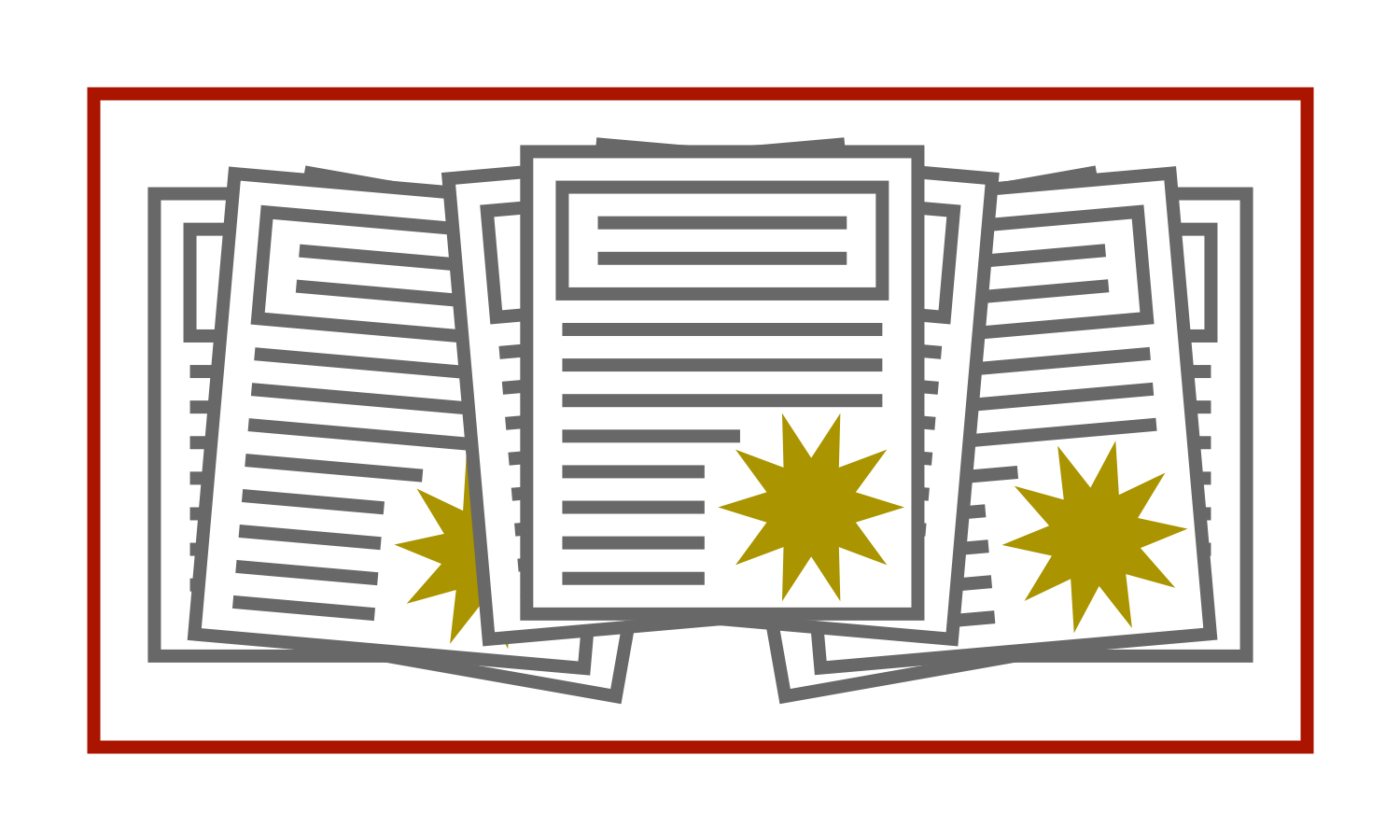Our 2018 Annual Congressional Fly-In, The Restoring Internet Freedom Order, The Encrypt Act, And More: The June 2018 Legislative Update
i2Coalition 2018 Congressional Fly-In
The i2Coalition held its annual congressional fly-in, two days of meetings with stakeholders in the Executive and Legislative branches. This year 30 members of the Coalition joined with our staff and TwinLogic Strategies staff members to cover meetings with the White House, FBI, NTIA and 28 Congressional offices.
During the meetings, coalition members expressed support for Net Neutrality, strong encryption protection and urged offices to resist future efforts to erode the Section 230 protections for internet providers within the Communications Decency Act.
Congressional Outlook
Senate Majority Leader McConnell (R-KY) announced that most of the Senate August recess will be canceled with the only break set for the first week of August. The House will be in session, spending most of June working on appropriations bills.
Net Neutrality
The Federal Communications Commission (FCC) ruling that effectively ends Net Neutrality went into effect on June 11th. The result will be that Internet service providers will have more control over how consumers access the Internet. There are still efforts in the House and Senate to reverse the FCC’s order to repeal the Net Neutrality rules or to draft new legislation.
Senate Commerce Chairman Thune (R-SD), Ranking Member Nelson (D-FL) and Senator Schatz (D-HI) are working on a bill that codifies open internet principles. Thune has said he is hopeful that after they get through the Congressional Review Act (CRA), more Democrats will come to the table and work on a legislative solution.
Privacy/Data Breach/Encryption
Continued Facebook Activity: The Senate may be holding more hearings related to news that Facebook, Google, and other Internet platforms share user data with device manufacturers, including data sharing partnerships with Chinese telecommunications companies. Senator Warner (D-VA), Ranking Member (Vice Chairman) of the Senate Intelligence Committee, sent a letter in early June to Google about its ties to Huawei and Xiaomi Corp, asking whether user data was stored on phones or allowed on the Chinese companies’ servers and how storage agreements were monitored and enforced. He sent a similar letter to Twitter as well.
In addition, the House Judiciary Committee plans to hold another hearing on social media and content filtering. The Committee has invited representatives from Facebook, Twitter, and Google to participate. All three companies declined to testify at a hearing the Committee held in April examining whether conservative voices were censored on social media platforms during the 2016 elections.
Encryption Update: Legislation was reintroduced in early June by a bipartisan group in the House to block attempts by state and local governments to set their own encryption policies. The ENCRYPT Act, sponsored by Representatives Lieu (D-CA), Bishop (R-MI), Delbene (D-WA) and Jordan (R-OH), would preempt state and local government laws to ensure a uniform national policy for the interstate issue of encryption technology. The Ensuring National Constitutional Rights for Your Private Telecommunication (ENCRYPT) Act was referred to the House Judiciary Committee.
This comes after Rep. Zoe Lofgren (D-CA) and Rep. Massie (R-KY) re-introduced legislation, the Secure Data Act — in May to bar government agencies from mandating crypto backdoors on commercial software and hardware products. Lieu is a cosponsor of this legislation as well. Sen. Wyden (D-OR) introduced the same bill in the Senate.
The Senate passed the National Defense Authorization Act (NDAA) which includes reforms to the Electronic Communications Privacy Act (ECPA) to update the 30-year-old law to now require a search warrant for email communications, text messages, and digital photos. Congressman Yoder introduced the language into the House version of the bill and passed that chamber last month.

